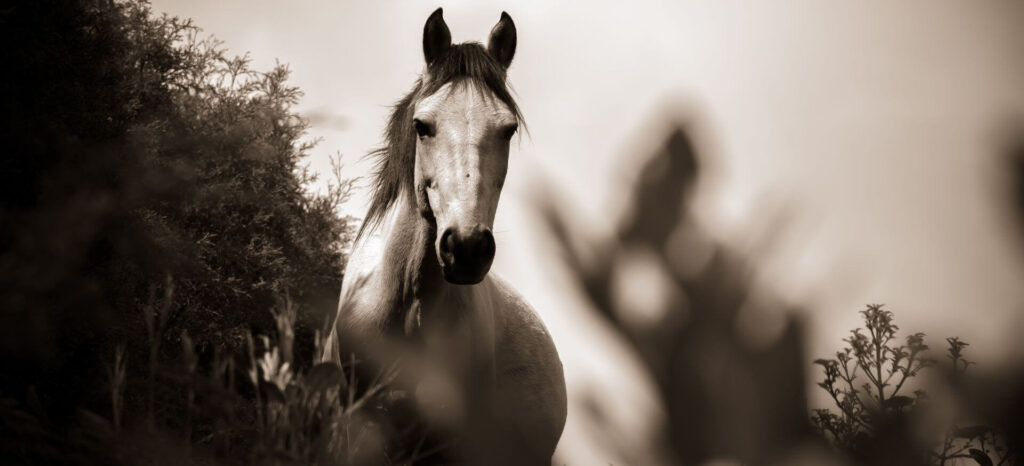How does the quality of shoeing affect a horse's health and performance?

Horseshoes are an essential part of hoof care for horses. However, the quality of horseshoes can have a big impact on horse health and performance. Here are some of the effects that shoe quality can have on your horse.
- Hoof health: Poor quality shoes can have a negative impact on the health of the horse’s hooves. Poorly fitting shoes or shoes that are not made with proper materials can cause pain and damage to hooves, which can lead to long-term health problems. Damaged hooves can increase the risk of infections, abscesses and other conditions that can affect the horse’s performance.
- Horse comfort: Poor quality shoes can also affect the horse’s comfort. Poorly fitting shoes or shoes that do not provide adequate support can cause pain and discomfort in the horse’s hooves. This can affect their ability to move freely and confidently, which can negatively affect their performance and overall well-being.
- Horse performance: High quality shoes can have a positive impact on horse performance. Well-fitting shoes made of appropriate materials can provide the support needed to allow the horse to move easily and painlessly. They can also provide additional traction on different surfaces, which can improve the horse’s performance in different disciplines.
- Durability: High-quality horseshoes can also be more durable than low-quality horseshoes. Well-made and well-maintained horseshoes can last longer and require fewer replacements. This can save you money in the long run and avoid unnecessary interruptions in your horse’s hoof care.
- Cost: It is important to remember that high quality shoes may have a higher price tag than lower quality shoes. However, the additional cost may be worth it to ensure your horse’s long-term health and performance. An investment in a high-quality shoe can save you time and money on medical care and treatment in the long run. The quality of horseshoes is critical to the health and performance of the horse. Low quality shoes can negatively affect the horse’s health, comfort and performance, while high quality shoes can provide the support needed to allow the horse to move easily and painlessly. It is always advisable to speak with an experienced farrier or veterinarian to determine what type of shoes are best for your horse and to ensure that it receives proper shoe care.
- Riding boots: Riding boots can provide a comfortable and effective alternative to traditional horseshoes. These boots fit over the horse’s hooves and can protect them from friction and wear. They can also provide additional traction on slippery surfaces. Riding boots come in different styles and materials, so be sure to choose an option that is right for your horse.
- Natural hooves: Natural hooves are an option for horses that may be intolerant of traditional horseshoes. Natural hooves are cut and shaped to fit the horse’s hoof. Layers of resin and fiberglass are applied to protect the hoof and can be adjusted as needed. Natural hooves can provide a durable and comfortable alternative to traditional horseshoes, but require an experienced farrier for application and maintenance.
- Rubber hoof caps: Rubber hoof caps are another option for horses that do not tolerate traditional horseshoes. These bushings fit over the horse’s hooves and are secured with a strap or Velcro fastener. Rubber caps can provide traction and protection from wear and tear, but it is important to make sure they are fitted properly and removed regularly to allow the hooves to breathe.
- Alternative therapies: If your horse has trouble tolerating traditional shoeing, you may want to consider alternative therapies, such as acupuncture or massage therapy. These therapies can help alleviate the pain and discomfort associated with hoof problems and can help promote overall horse health.
In conclusion, there are several options available for horses that cannot tolerate traditional horseshoes. Riding boots, natural hooves, rubber hooves and alternative therapies may be right for your horse.
It is important to speak with an experienced farrier or veterinarian to determine which option is best for your horse and to make sure he receives proper hoof care. With proper care, your horse can enjoy a happy, healthy life without pain or discomfort.